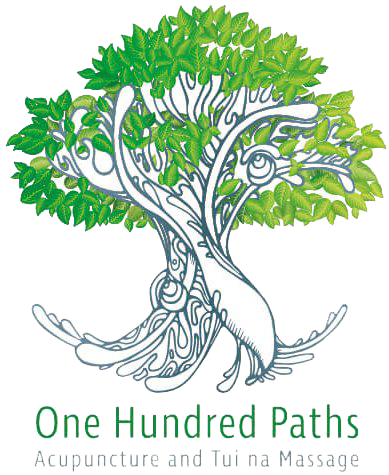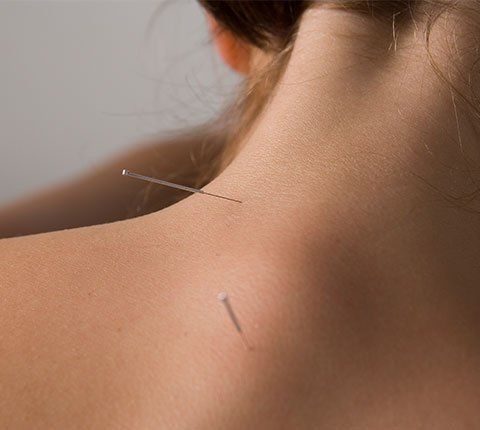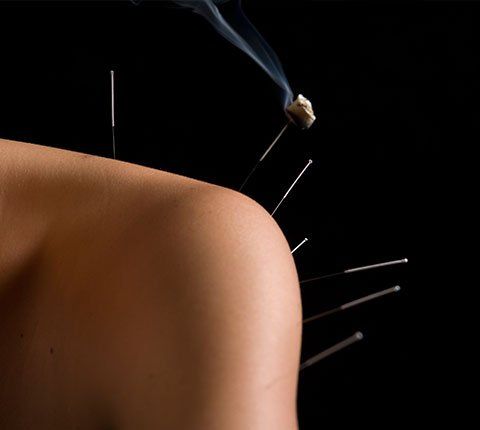Acupuncture

Acupuncture Works

What Happens When I Go for Treatment?

Is It Just About Needles?
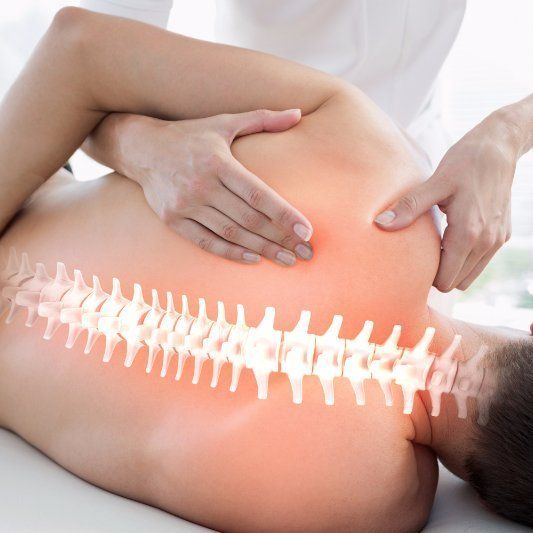
Tui Na Massage

Cupping
Moxa
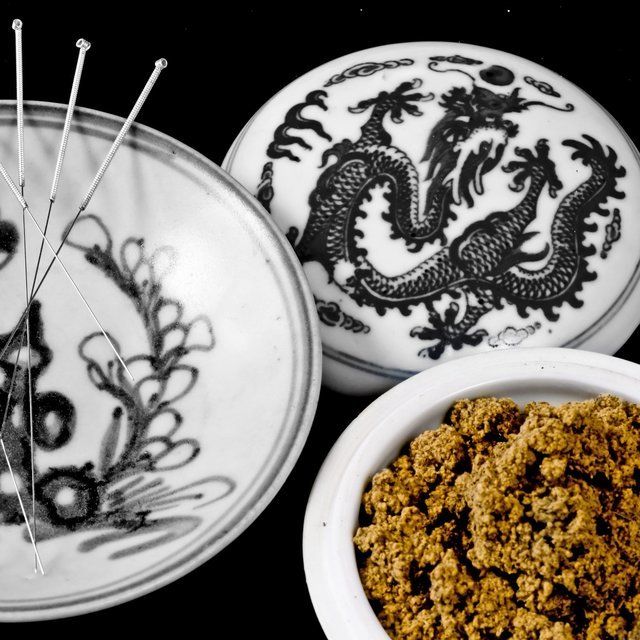
Other Techniques Include:
- Infrared heat lamp
for warmth and relaxation
- Electro acupuncture
similar to a TENS machine
- Muscular taping
coloured tape commonly seen on athletes
- Gua Sha
skin brushing similar to cupping

Frequently Asked Questions
WHAT IS THE EVIDENCE? +
Evidence of acupuncture’s effectiveness is growing as researchers evaluate the best ways to measure how the body responds to it. To date, the focus has been on pain management. Around the world, clinical studies are being conducted to understand how acupuncture can be beneficial for many more conditions.
Click here to read more
CAN IT HELP ME? +
Acupuncture is considered to be beneficial for a wide range of conditions. NICE, the National Institute for Health and Care Excellence, ‘ recommends acupuncture on the NHS for chronic tension type headaches and migraines. Acupuncture is also often used to treat other musculoskeletal conditions (of the bones and muscles) and pain conditions, including chronic pain, such as neck pain , joint pain, dental pain and postoperative pain.
The respected Scottish Intercollegiate Guidelines Network (SIGN) recommends acupuncture for chronic pain. Because an acupuncture treatment is designed to affect your whole body, not just your symptoms, you may notice other niggling problems resolve during the course of a treatment.
Watch the Following Videos:
Acupuncture and Chronic Lower Back Pain
Acupuncture and Migraine
WHY ACUPUNCTURE? +
Many people have acupuncture sessions to relieve specific aches and pains, such as osteoarthritis of the knee, TMJ, headaches and lower back pain, or for common health problems like an overactive bladder. Couples seek acupuncture to help them to conceive naturally or for support during fertility treatment. Some pregnant women have acupuncture throughout their pregnancy. Other people choose acupuncture when their bodily functions are out of balance, but they have no obvious diagnosis. And many have regular treatments because they find it so beneficial and relaxing.
WHAT DOES IT FEEL LIKE? +
Acupuncture needles are so fine that most people don’t feel them being inserted. It is normal to feel a mild tingle or dull ache as the acupuncturist adjusts the needle to manipulate energy. Many people feel deeply relaxed during the treatment. In 2001,a study (MacPherson et al, White et al, both BMJ September 2001) concluded that the risk of serious adverse reaction to acupuncture is less than 1 in 10,000. The needles used are single-use, sterile, and disposable. Responses to treatment can sometimes include tiredness or mild dizziness, and very occasionally minor bruising may occur. However, all such reactions are short-lived.
Watch the Following Videos:
IS ACUPUNCTURE SAFE? +
Acupuncture is one of the safest medical treatments, both conventional and complementary, on offer in the UK.
Two surveys conducted independently of each other and published in the British Medical Journal in 2001 concluded that the risk of a serious adverse reaction to acupuncture is less than 1 in 10,000. This is far less than many orthodox medical treatments.
One survey was of traditional acupuncturists and the other of doctors who practice acupuncture. A total of 66,000 treatments were reviewed altogether, with only a handful of minor and transient side effects recorded.
AFTER TREATMENT +
Most people find acupuncture relaxing and often feel very calm after a treatment. You may feel a little tired or sleepy afterwards and should take this into account if you are planning to drive or use heavy machinery straight after your treatment.
You should refrain from vigorous exercise after treatment and, ideally, give yourself a little time to rest. It is also advisable not to drink alcohol for a few hours after treatment.
Acupuncture has very few side effects and any that do occur are usually mild and self-correcting. Cupping and gua sha can sometimes temporarily mark the skin. Such bruising is painless and generally clears up within a few days.
SHOULD MY DOCTOR KNOW? +
If you have been prescribed medication, it is recommended that you inform your doctor that you plan to have acupuncture. Do not stop taking your medication. You should tell your acupuncturist about any medication and supplements you are taking. BAcC acupuncturists are trained to recognise potentially serious underlying health conditions and will refer you to your GP if they consider it appropriate.
HOW MANY SESSIONS WILL I NEED? +
Your treatment plan is specific to you. Weekly treatments are normal to begin with, reducing in frequency as your body responds. The effect is usually felt within five or six treatments. Occasionally just one or two treatments are sufficient.
CAN I GET ACUPUNCTURE ON THE NHS? +
Acupuncture is recommended by the NHS for the treatment of migraine and tension type headaches. The NHS also acknowledges that acupuncture is often used to treat other musculoskeletal conditions (of the bones and muscles) and pain conditions, including chronic pain, such as neck pain, joint pain, dental pain and postoperative pain.
WILL MY HEALTH INSURANCE PAY FOR ACUPUNCTURE? +
This depends on your insurer. As the demand for complementary medicine increases, more private health insurance companies are offering cover for traditional acupuncture. It is advisable to check that you are covered with your health insurer prior to commencing treatment.

